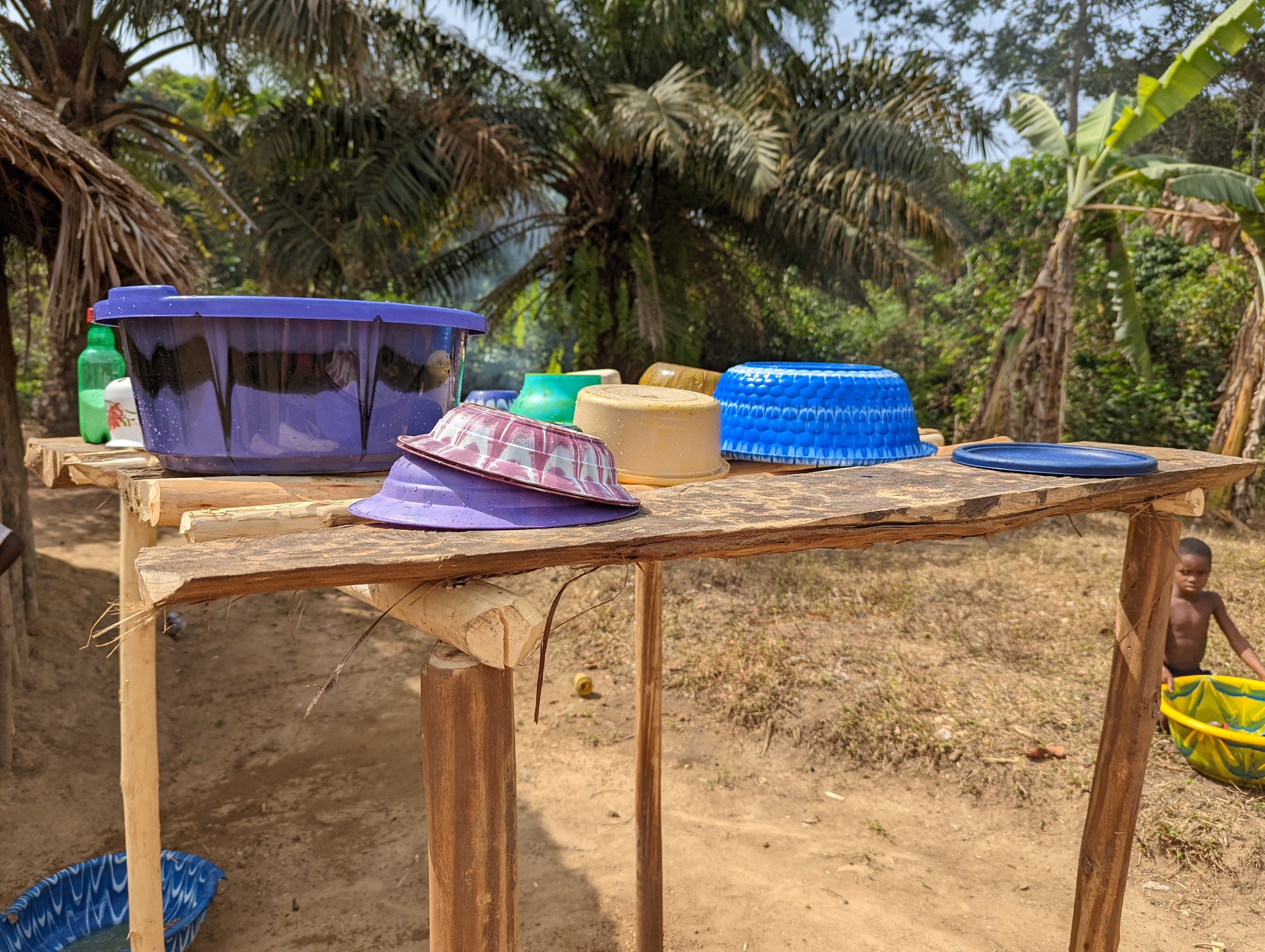In the rural Rachuonyo community of Kenya, access to clean water had long been a challenge. Women and children bore the burden of walking long distances every day to collect water from contaminated sources, exposing them to waterborne diseases and leaving little time for school or income-generating activities. Water scarcity also led to poor sanitation, frequent illness, and high school absenteeism.
Recognizing this urgent need, Nazarene Compassionate Ministries (NCM), in partnership with local churches, launched a community-led water project to provide a sustainable solution.

